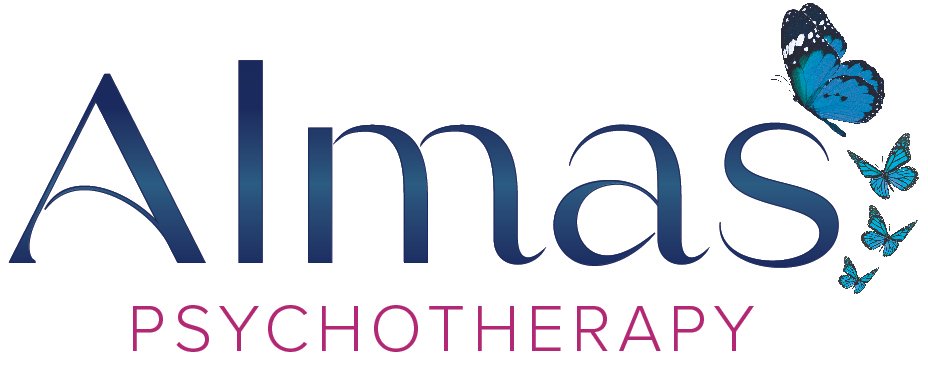ERP & OCD Specialist In-person in Alpharetta & Online Across GA, SC, & FL
Face your fears & reclaim calm in your life.
The word “overthinking” really sums it up.
It feels like your brain just latches on to certain thoughts and can’t let them go. Even when you’re not currently overthinking something, you’re worrying about the next time you’ll be stuck in a loop again.
There are times when you think certain behaviors or actions will relieve some of your anxiety—but then you get stuck in a loop with those, too. It can be unhelpful or even disruptive to your life. It’s hard to even be on time for things because the thoughts and compulsions slow you down so much.
Sometimes, the intrusive thoughts you have are related to things you don’t really believe or want to think about, and you worry you’re a bad person for having them. As much as you try to be logical about them, they always seem to overpower your logic and convince you that things must be a certain way or else something bad will happen.
Maybe your worries pertain to…
Potentially harming yourself or someone else
Whether you’re in the right relationship
Touching or being near contaminated substances.
Your sexuality or gender identity
Getting sick or making others sick
The idea that you may be responsible for something terrible happening.
My Approach
Let’s work on turning the volume down in your brain.
Imagine if the thoughts that leave you feeling frazzled at the end of every day became dull background noise. Through therapy that‘s customized to the strengths you already have, that could be your reality.
Finding what works for you, together.
When we begin working together, I want to listen to your story and assure you that your thoughts and emotions are not facts and that there is hope for you to feel better. You’ll never have to worry about judgment or criticism in our sessions — I’m here only to support you.
Know that all the work we do together will be to help you live a life that’s aligned with your values and the person you want to be. We’ll talk about what you’d like to see change in your life and set goals that we can then work toward. I’ve found that a good sense of humor can take the edge off of some of the tough parts of therapy, so we can have a laugh whenever it feels right to take some pressure off.
To get you where you want to be, we’ll pursue a treatment plan that may include specialized methods like Exposure and Response Prevention Therapy (ERP), Acceptance and Commitment Therapy (ACT), and Inference-Based Cognitive-Behavioral Therapy (I-CBT). We’ll fully discuss the processes involved in these methods before we dive into them so you can feel comfortable and can get the most out of them.
Step into the rest of your life with…
Tools to manage thoughts & compulsions — Learn how to notice your thoughts without getting caught up in them.
Awareness & understanding — Be able to identify when a thought you’re having is just your OCD talking.
Mindfulness — Find ways to stay present and commit to the uncertainty that comes along with being human.
Self-compassion — Let go of judgment so you can stop questioning the morality of your thoughts & realize they don’t define you.
It’s time to set yourself free from overthinking.
Break the cycle and find relief.
Questions?
FAQs
-
Yes, ERP (Exposure and Response Prevention) can be done virtually. In our online sessions, I’ll use various tools and techniques to guide you through exposure exercises, helping you confront and manage your fears or anxieties. This process, of course, will only begin once we’ve established a trusting relationship and discussed it thoroughly.
-
Signs of OCD include repetitive behaviors or intrusive thoughts and persistent, unwanted urges. It's like the brain gets stuck on certain ideas, and rituals or compulsions become a way to temporarily alleviate anxiety. OCD can be managed through techniques learned in therapy.
-
Yes, OCD can contribute to or coexist with depression. The constant cycle of obsessive thoughts and compulsive behaviors can be emotionally exhausting and impact one's overall mood and well-being. However, when you learn to manage your symptoms, relief from both OCD and depression is possible.
-
OCD can exist in periods where symptoms are less noticeable and periods where symptoms are all-consuming. It fluctuates, ebbing and flowing according to both internal and external circumstances. Therapy can provide tools to manage symptoms effectively during challenging times.





